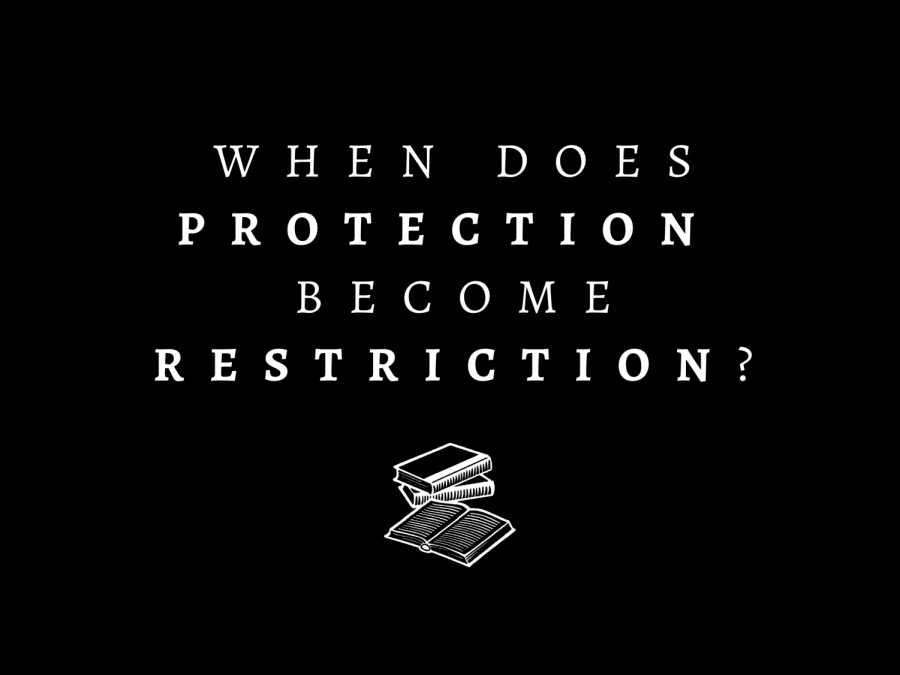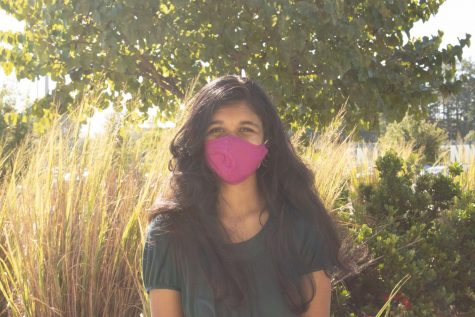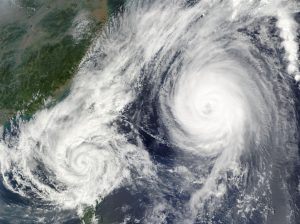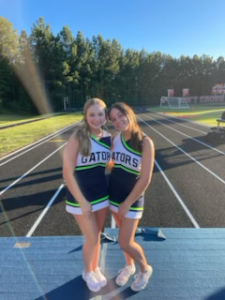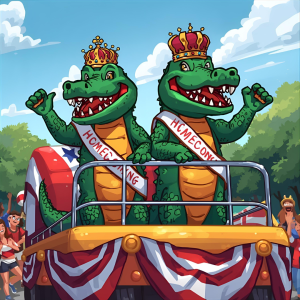Book Banning is Not a Solution.
February 11, 2022
* WARNING: The following content mentions sensitive topics such as sexual assault, violence, and cruelty.
Eight-hundred and fifty.
That is the number of books that Texas State Representative Matt Krause recently has put on a watch list, wanting them removed from school libraries—most of which discussed controversial topics concerning racial and LGBTQ+ issues (holding percentages of the total books at around 8% and an astonishing 62% respectively).
To ban or to not ban? This discussion frequently arises for books that lean towards a subject that bristles the figurative feathers of the population.
For example, To Kill a Mockingbird (1960) by Harper Lee was and still is targeted because of its take on race—whether that means that it was initially peeled off shelves because it depicted a black man’s innocence amidst false accusations of rape or because nowadays, people are against the usage of racial slurs and portrayal of a white savior complex that surrounds the story.
The Handmaid’s Tale (1985) by Margaret Atwood and its criticisms of religion set in a dystopian story about fertile women forced to carry children against their wills was continuously protested against for the contents of sexual violence.
Laurie Halse Anderson’s Speak (1999) addressed the main character’s sexual assault trauma and the ostracization that followed her because of it, and the book was criticized to be too graphic in detailing the effects of the assault.
All American Boys (2015) by Jason Reynolds and Brendan Kiely displayed profanity, drug use, and alcoholism, but was especially challenged for claims of anti-police views during a “sensitive time” for those matters.
From Alex Gino, George (2015), portrays a young transgender girl named Melissa maneuvering the disparities between how she sees herself and how the rest of the world sees her; it was the most banned book of 2020 in America, having been “challenged, banned, and restricted for LGBTQIA+ content, conflicting with a religious viewpoint, and not reflecting ‘the values of our community.’”
Recently, Maus (1980), a nonfiction book detailing the author’s father’s experiences of cruelty and hatred as a Polish Jew and Holocaust survivor during World World II, has been banned by the school board of McMinn County, Tennessee, stated to be “too adult-oriented for use in our schools.”
But that’s what the question of banning boils down to: when does protection become restriction?
All the books listed above touch on different topics and dig deep into various issues. However, they are all a view of the world and its problems that are seen as “too much”, when in reality they’re just very real.
Books, for many students and people in general, are not simply a pastime. They’re a different perspective of the world that they may not necessarily agree with but are interested in exploring. Peeling these layers and navigating political and social nuances in different genres from different authors should not be barred because of a fear of overexposure or sensitivity.
In simple terms, books are a choice, and they should be treated as such.
Additionally, book banning goes beyond keeping just any old book from a student’s reach. The books that are actively protested against and pulled from shelves challenge ideas that, more often than not, people are scared to understand and explore. These books combat stereotypes, educate about minority groups, portray the nitty-gritty side of the real world, and so much more.
How can we withhold these perspectives and information? How does that benefit the world as a whole? The answer is that it doesn’t. Literature is powerful and one of its biggest uses can be to describe incidences, scenarios, and events that are raw and perhaps upsetting at times—but reading these books acts as a step closer to a less ignorant view of the world.

